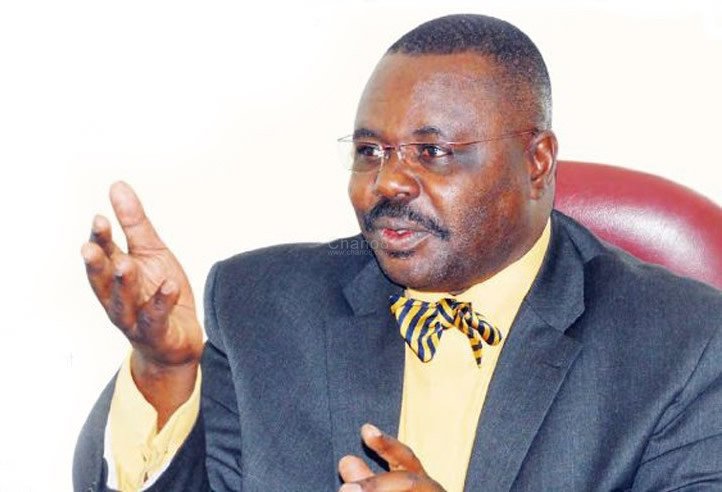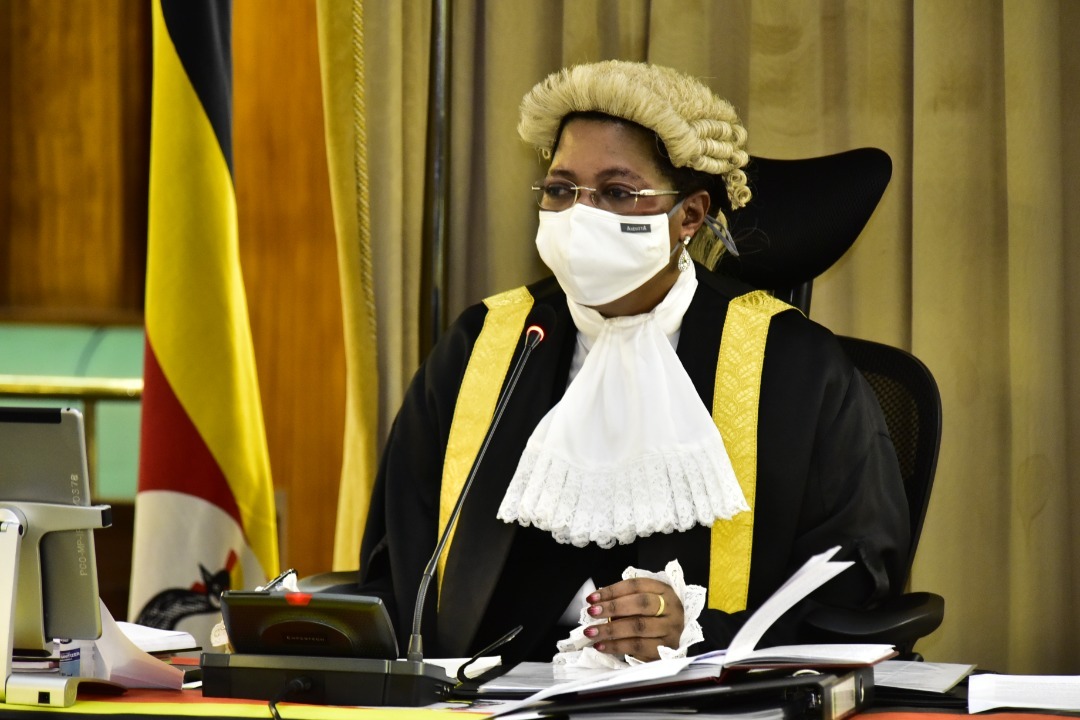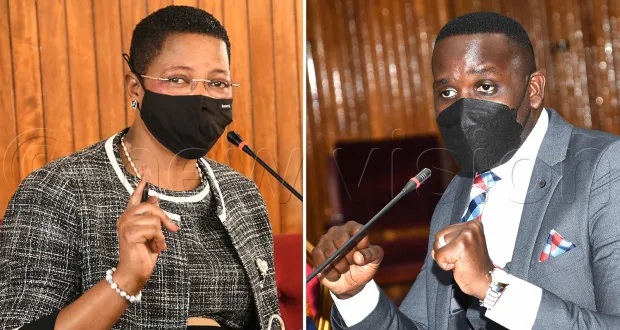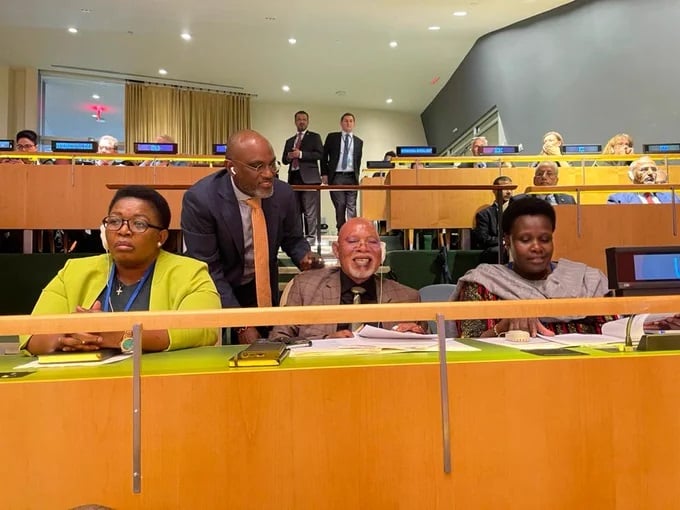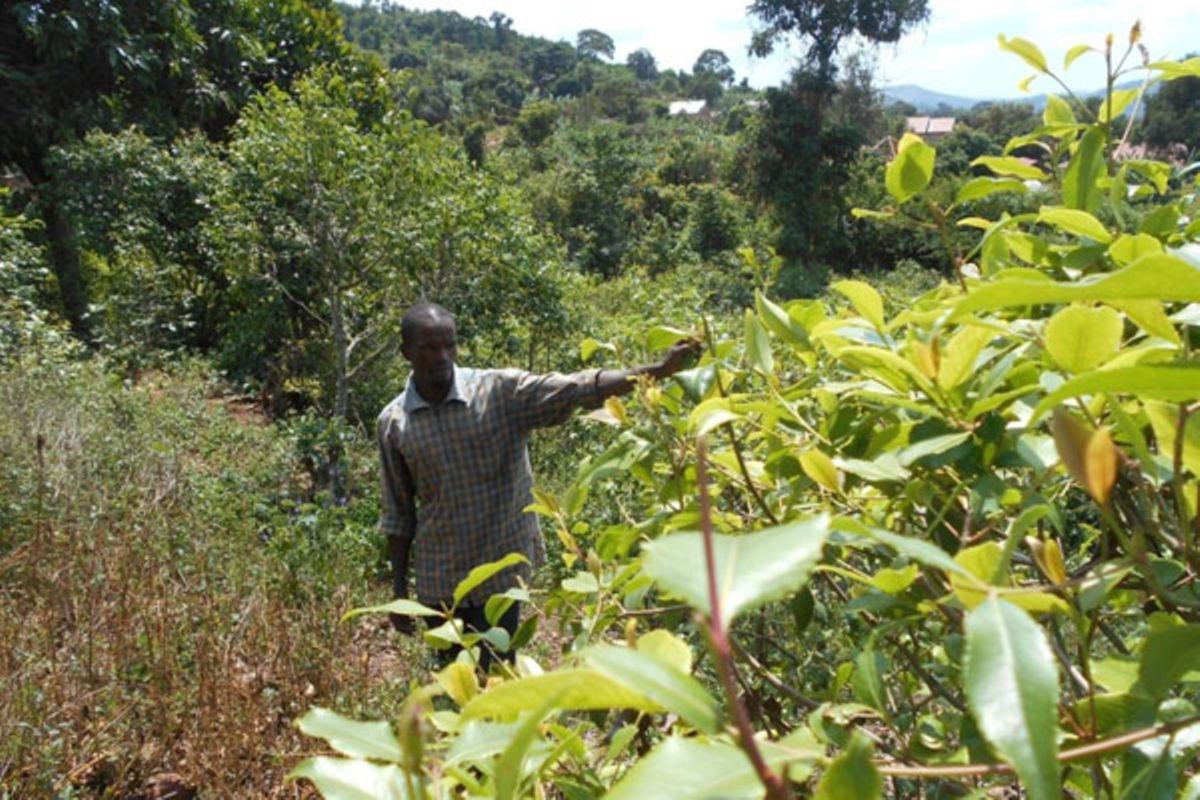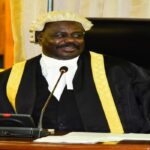A disagreement has erupted between a section of leaders in the sub-regions of Acholi and Lango over the ritualising of burial of Jacob Oulanyah.
We’ve learnt that there is currently an ongoing proposal among Members of Parliament from the Acholi Sub-region that the deceased Speaker emeritus be buried according to the Acholi tradition. They strongly believe that their traditions will dispel or confirm allegations of poisoning that continue to shroud Oulanyah’s death.
Traditionally, the Acholi people perform several rituals while burying a person whose death is believed not to be of natural causes. For instance, such a person is buried with the head turned outside of the home to imply that they should get out there and seek their revenge. In particular cases, the body of the deceased must not spend the night in the house.
While speaking to the media in Kampala last week, Ms Santa Okot, the Aruu North legislator, insisted that Oulanyah should be buried the Acholi way to address death by poisoning claims.
“Under our (Acholi) tradition when a person is suspected to have been killed, there is the way they are buried. The chiefs will guide,” Ms Okot said.
She added that this explains why Mathew Kanyamunyu recently turned up at Acholi Chiefdom palace in Gulu City to seek reconciliation following the death of Kenneth Akena in 2016. Mr Kanyamunyu’s confession was allegedly a result of the traditional rites performed while burying Mr Akena.
“When Akena was killed by Kanyamunyu, [the latter] lied that he did not kill Akena. But [Akena] was buried according to tradition…his spirits started haunting Kanaymunyu until he came and reported that indeed he was the one who killed him,” she revealed.
Mr Kanyamunyu was the key suspect in the killing of child rights activist, Akena, who was gunned down in 2016 in Kampala.
“We expect that since it is alleged that Oulanyah was poisoned, we want the cultural institution to bury him according to our culture so that the killer comes here and bows down to confess killing the man,” Ms Okot added.
Christian burial
Yesterday, Milton Omara — the Okarowok-oyorole clan chief to which late Oulanyah belonged — disowned the proposal. Mr Omara, who is the Speaker emeritus’ uncle, told the press that his nephew will be buried according to the Lango culture.
“As a family, all we know is that we shall bury him the usual way without performing any rites,” Mr Omara said, adding, “If anything is to be done, it will purely require the advice of our clan head.”
He also said: “Remember some of these rites and customs have been relegated by religion. We are Christians and even the deceased himself is a Christian and that makes it tricky.”
While this news website could not independently verify with the Acholi Cultural Institution leadership, a section of MPs has also reportedly gone ahead to seek consultations with the chiefdom over the plan.
In a press statement issued early last week, Ms Milly Babalanda, the minister for the Presidency—also the chairperson of national organising committee for the burial of Oulanyah—said that the government was working closely with the Acholi chiefdom over the burial plans.
“I have delegated Hon Hillary Onek to work with the ministers from Acholi Sub-region to engage with the cultural and political leaders in Acholi for their input in the burial arrangements,” the statement reads in part.
Ms Babalanda revealed yesterday that she “will release the final burial programme for…Oulanyah… on Tuesday, March 29, 2022.”
Attempts to seek comments from the Acholi Chiefdom premier Ambrose Olaa over the disagreement were futile by press time.
Ms Betty Aol Ochan, the Gulu City Woman MP, says Oulanyah’s death is a trying moment for the people of northern Uganda. The former Leader of Opposition in Parliament said “at a tough time like this, we would not wish to have these controversial issues.”
Poisoning claims
Last week, Dr Opiyo Oloya (who was bedside with the Speaker emeritus in Seattle since February 19) told mourners at a wake in Muyenga, Kampala, that his cousin died of natural causes. This contradicted what the deceased’s father said earlier this past week. Mr Nathan Okori, Oulanyah’s father, said his son did not die of natural causes and that he was “poisoned.”
“His death is not easy news to welcome because I know he did not die of natural causes; he was poisoned,” Mr Okori told a handful of mourners at their ancestral home in Omoro District.
Meanwhile, clerics from the Acholi Sub-region have advised the public and Oulanyah’s family to be calm and cease speculation over the cause of his death.
Rev Godfrey Loum, the Northern Uganda Diocese bishop, said pointing fingers over Oulanyah’s death will not ease the pain. Rtd Bishop of Kitgum Diocese Macleod Baker Ochola advised the family to wait for the official post-mortem from the government.
“As a family and clan, we are waiting for government and medical experts to come here and tell us the exact cause of his death. We cannot speculate for now,” Mr Omara concluded.
Credit: Daily Monitor
3 total views , 1 views today

